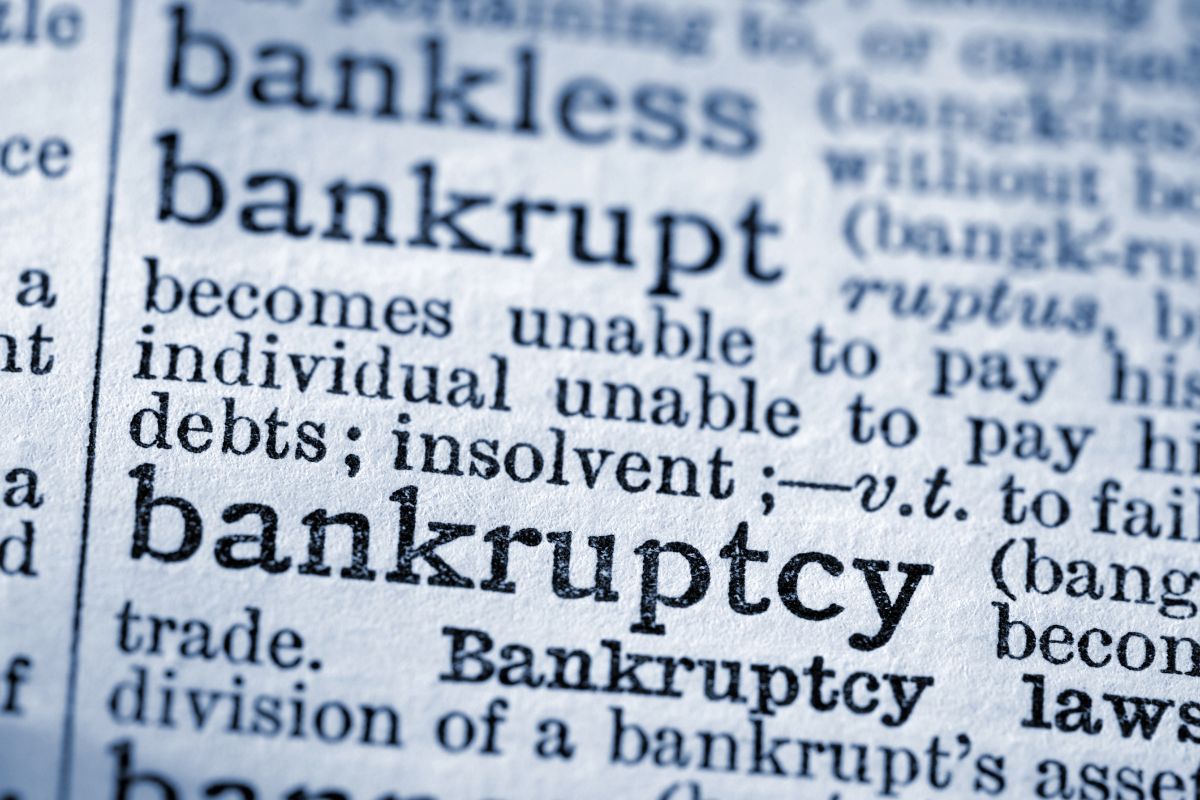Important Legal Terms/Bankruptcy

Bankruptcy is a unique legal area. It is almost entirely regulated by federal law and uses distinct, specialized terminology that derives from federal law. Here is a summary of some important bankruptcy terms.
*Automatic Stay
Aside from getting a discharge, a primary purpose of filing bankruptcy is the automatic stay. An automatic stay is a feature of bankruptcy law that goes into effect immediately upon filing a bankruptcy petition. It forces creditors to stop all collection efforts against the debtor, such as lawsuits, foreclosures, repossessions, garnishments, and evictions, thus allowing the debtor the time and opportunity to find solutions and obtain a fresh start.
*Bankruptcy Estate
A bankruptcy estate consists of the property of the bankruptcy debtor. This estate includes all property in which the debtor has an interest, even if it is a co-ownership interest. It includes tangible assets such as automobiles and household goods, as well as intangible things like stock and IRAs. The bankruptcy trustee assigned to a bankruptcy case assumes control of a debtor’s bankruptcy estate. Using exemptions, bankruptcy debtors can “exempt” property from becoming part of the estate.
*Chapter 7 (Liquidation – Individuals and Business Organizations)
This chapter of the Bankruptcy Code allows individuals and business organizations the right to a “liquidation,” which is the sale of a debtor’s nonexempt property. The proceeds are distributed to general unsecured creditors.
*Chapter 11 (Reorganization – Individuals and Business Organizations)
This chapter of the Bankruptcy Code provides individuals and business organizations with the mechanism for a “reorganization” of their assets and liabilities. Individuals file Chapter 11 cases if the total amount of their debts exceeds the debt limits for Chapter 13 cases. There are also other situations where it may be more advantageous for an individual to file a Chapter 11 case instead of a Chapter 13 case. Business organizations wishing to reorganize must do so under Chapter 11 since Chapter 13 only applies to individuals.
*Chapter 13 (Reorganization – Individuals)
This chapter of the Bankruptcy Code provides individuals with the mechanism for a “reorganization” of their assets and liabilities.
*Discharge
At the close of a bankruptcy case, the court grants a discharge, thus releasing a debtor from personal liability for those debts that are legally dischargeable. A discharge permanently prohibits a debtor’s creditors from taking any collection action against the debtor or the debtor’s property. A discharge also prohibits creditors from communicating with the debtor.
*Exemption
Federal or state exemption laws, depending on your state, provide debtors with the right to “exempt” or withhold certain assets from the claims of their creditors. Examples of exemptions include the homestead exemption, which allows you to keep the equity in your personal residence up to the limit provided in your state’s homestead law.
*Means Test
This is the calculation prospective filers make to determine whether they are eligible to file a Chapter 7 case. If the calculation results in the individual failing to qualify, the individual may still file a Chapter 13 case.
*Preference
This is a payment on a debt made to a creditor in the 90-day period before the debtor files bankruptcy, or within one year if the creditor was an insider (family member, business partner) that gives the creditor more than it would receive in the debtor’s Chapter 7 bankruptcy case.
*Priority
The Bankruptcy Code ranks unsecured claims to determine the order in which they will be paid from the bankruptcy estate. It assumes, as is normally the circumstance in most Chapter 7 cases, that there is insufficient money to fully pay all unsecured claims from the bankruptcy estate.
The path to becoming an effective attorney-advocate leads to the California Desert Trial Academy. The distance learning program offered by the California Desert Trial Academy College of Law is tailor-made to meet the needs and demands of students during the COVID-19 pandemic. Call us today at (760) 342-0900 or find out more online here.


